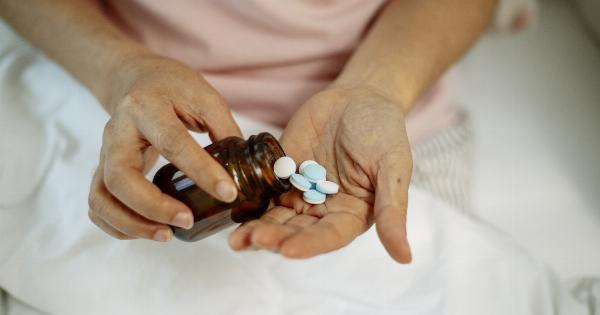Menopause is a natural biological process that signifies the end of a woman’s reproductive years. Menopause usually occurs between the ages of 45 and 55 and is a normal part of aging for women.
However, advanced menopause, which occurs before the age of 45, can have negative physical and emotional consequences for women.
Advanced menopause has been linked to depression in several studies. Depression is a common mental health disorder that affects more than 264 million people worldwide. Depression is more prevalent in women than in men.
What is advanced menopause?
Menopause is a natural biological process that signifies the end of a woman’s reproductive years. Menopause usually occurs between the ages of 45 and 55 and is a normal part of aging for women.
However, advanced menopause, which occurs before the age of 40, can have negative physical and emotional consequences for women.
Some of the symptoms of advanced menopause include hot flashes, night sweats, vaginal dryness, mood changes, and sleep disturbances. Advanced menopause can result from several factors, including genetics, medical procedures, or treatment for cancer.
Link Between Advanced Menopause and Depression
Depression is a common mental health disorder that affects more than 264 million people worldwide. Depression is more prevalent in women than in men. Several studies have suggested a link between depression and advanced menopause.
A study conducted by the Harvard School of Public Health and Brigham and Women’s Hospital found that women who experienced advanced menopause were more likely to develop depression than women who went through menopause at the typical age.
The study authors noted that earlier menopause could be a risk factor for depression in women.
Another study conducted by the University of Queensland in Australia found that women who experienced advanced menopause were more likely to have depression later in life.
The study followed more than 1,600 women for 15 years and found that women who experienced advanced menopause were twice as likely to have depression in later life than women who experienced menopause at a normal age.
The latest research
Despite the previous studies linking advanced menopause to depression, recent research shows there may not be a correlation between the two.
A study published in the journal Menopause found that depression in elderly women did not appear to be linked to the age of menopause.
The study analyzed data from 8,218 postmenopausal women aged 65 years and older who participated in the Women’s Health Initiative study. The women completed surveys about their menopausal experience and any depressive symptoms they experienced.
The results of the study showed that women who experienced menopause before the age of 45 were not more likely to experience depressive symptoms than women who experienced menopause at a later age.
The study authors concluded that previous associations between advanced menopause and depression may have been due to factors such as socioeconomic status, health behaviors, and life circumstances.
Conclusion
Advanced menopause is a natural biological process that occurs before the age of 45 and can have negative physical and emotional consequences for women. Previous studies have linked advanced menopause to an increased risk of depression in women.
However, the latest research indicates that there may not be a correlation between advanced menopause and depression in elderly women.
The study indicates that previous associations between advanced menopause and depression may be due to other factors such as socioeconomic status, health behaviors, and life circumstances.






























